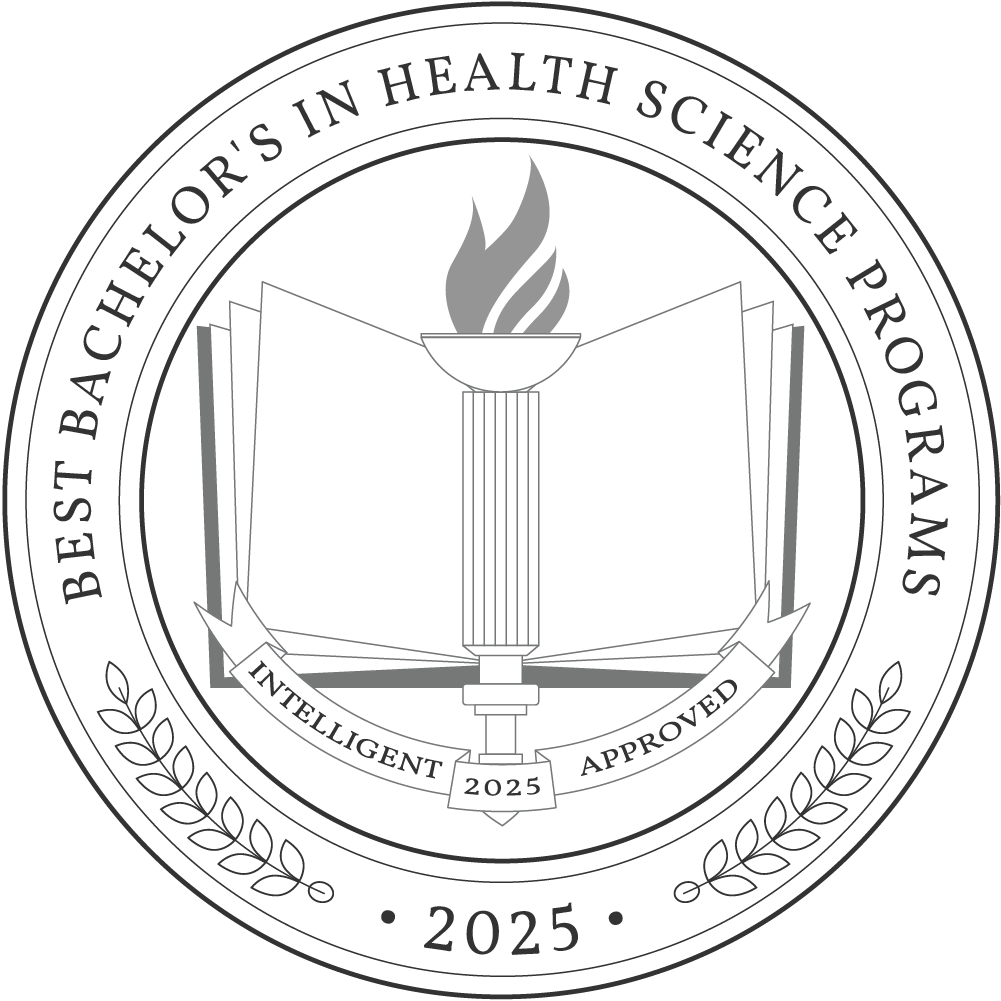A bachelor’s degree in health science prepares students for careers in the ever-evolving and in-demand healthcare field. For students who aspire to work in healthcare but are still determining their specialization, a health science degree provides foundational knowledge and opportunities to explore the pathway that best aligns. The degree is also a viable option for professionals with an associate degree or certificate who want to further their careers.
Students gain extensive knowledge in healthcare, and graduates go on to work in the pharmaceutical industry, health-related nonprofit organizations, patient education, and diagnostic laboratories. Medical and health services managers earn an average salary of $110,680 per year, clinical laboratory technologists and technicians earn an average of $60,780, and dieticians and nutritionists average $69,680.
Completing the requisite 120 credits for a bachelor’s degree in health science can take up to four years — tuition and fees for the program average $14,688 annually.
Why Trust Us
The Intelligent.com Higher Education Team is dedicated to providing students with independent, equitable school and program rankings and well-researched resources. Our expert-driven articles cover topics related to online colleges and programs, paying for school, and career outlooks. We use data from the U.S. Department of Education’s College Scorecard, the National Center for Education Statistics, and other reputable educational and professional organizations. Our academic advisory team reviews content and verifies accuracy throughout the year for the most current information. Partnerships do not influence rankings or editorial decisions.
- Analyzed over 2,000 national, accredited, and nonprofit colleges and universities
- 800+ rankings pages are reviewed and updated yearly
- Content is informed by reputable sources, surveys, and interviews with academic advisors and other experts
- Over 100 data points are reviewed for accuracy and quality throughout the year, including sources
How we rank schools
Our list features the best Bachelor’s in Health Management degree programs at top colleges nationwide. Each school featured is a nonprofit, accredited institution — either public or private — with a high standard of academic quality for post-secondary institutions.
We evaluated each school’s program on tuition costs, admission, retention and graduation rates, faculty, reputation, and the student resources provided for online students. We collected data from trusted sources like the National Center for Education Statistics, individual school and program websites, school admissions counselors, and other data sources. Then, we calculated the Intelligent Score on a scale of 0 to 100 based on the following criterion:
Academic Quality:
- Admission rate versus enrollment rate
- Retention rate of students who return after year one
- Accreditation status (regional and programmatic)
- Nonprofit status, both private and public institutions
Graduation Rate
- Overall graduation rate
- Total number of currently enrolled students, including diversity metrics
- Student-to-faculty ratio
Cost and ROI
- In-state and out-of-state per-credit tuition rates and fees
- Required credits to graduate
- Earning potential after graduation
- Availability of federal student loans, scholarships, and other financial aid options
Student Resources
- Available student services for online-only and hybrid programs
- On-campus amenities like tutoring centers and the number of libraries
Read more about our ranking methodology.
Best 42 Accredited Bachelor’s in Health Sciences Degree Programs
FiltersInstitution Type
Status
- Intelligent Score
- Alphabetically By University Name
- Acceptance Rate
- Enrollment
- In-state Graduate Tuition
- Out-of-state Graduate Tuition
- In-state Undergraduate Tuition
- Out-of-state Undergraduate Tuition

University of Florida
Intelligent Score: 99.63In-state: $4,477
Out-of-state: $25,694
In-state: $10,770
Out-of-state: $10,770
SAT: 1290-1460
ACT: 29-33
Resident: $212
Non-Resident: $955
On-Campus
Southern Association of Colleges and Schools Commission on Colleges
120

Ohio State University
Intelligent Score: 98.52In-state: $10,615
Out-of-state: $32,599
In-state: $11,560
Out-of-state: $11,560
SAT: 1210-1430
ACT: 26-32
Resident: $369 - $492
Non-Resident: $797 - $1,062
On-Campus, Online
Higher Learning Commission
120
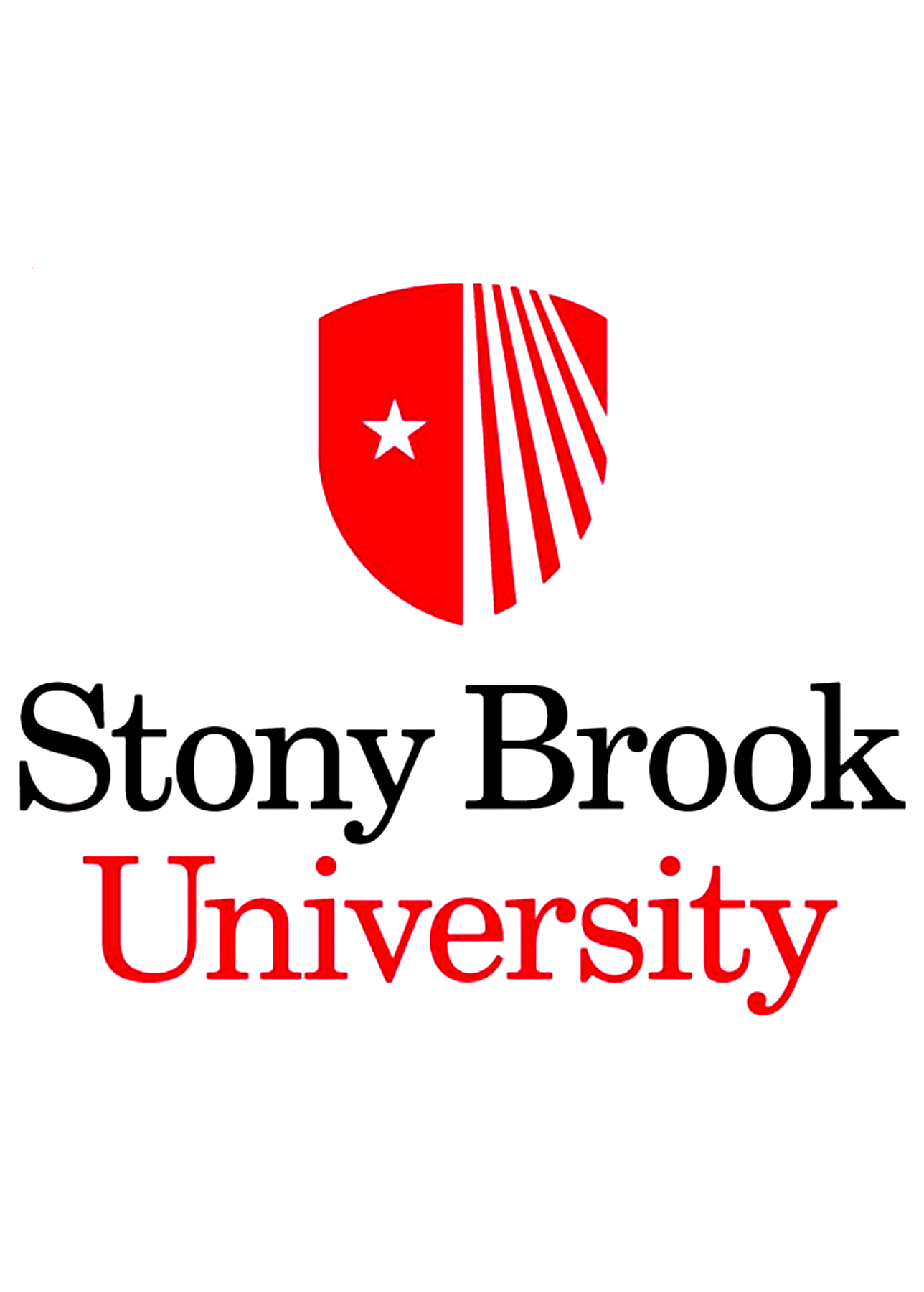
Stony Brook Medicine
Intelligent Score: 98.5In-state: $7,070
Out-of-state: $24,740
In-state: $11,310
Out-of-state: $11,310
SAT: 1230-1440
ACT: 26-32
Resident: $295
Non-Resident: $1,119
On-Campus
Middle States Commission on Higher Education
120
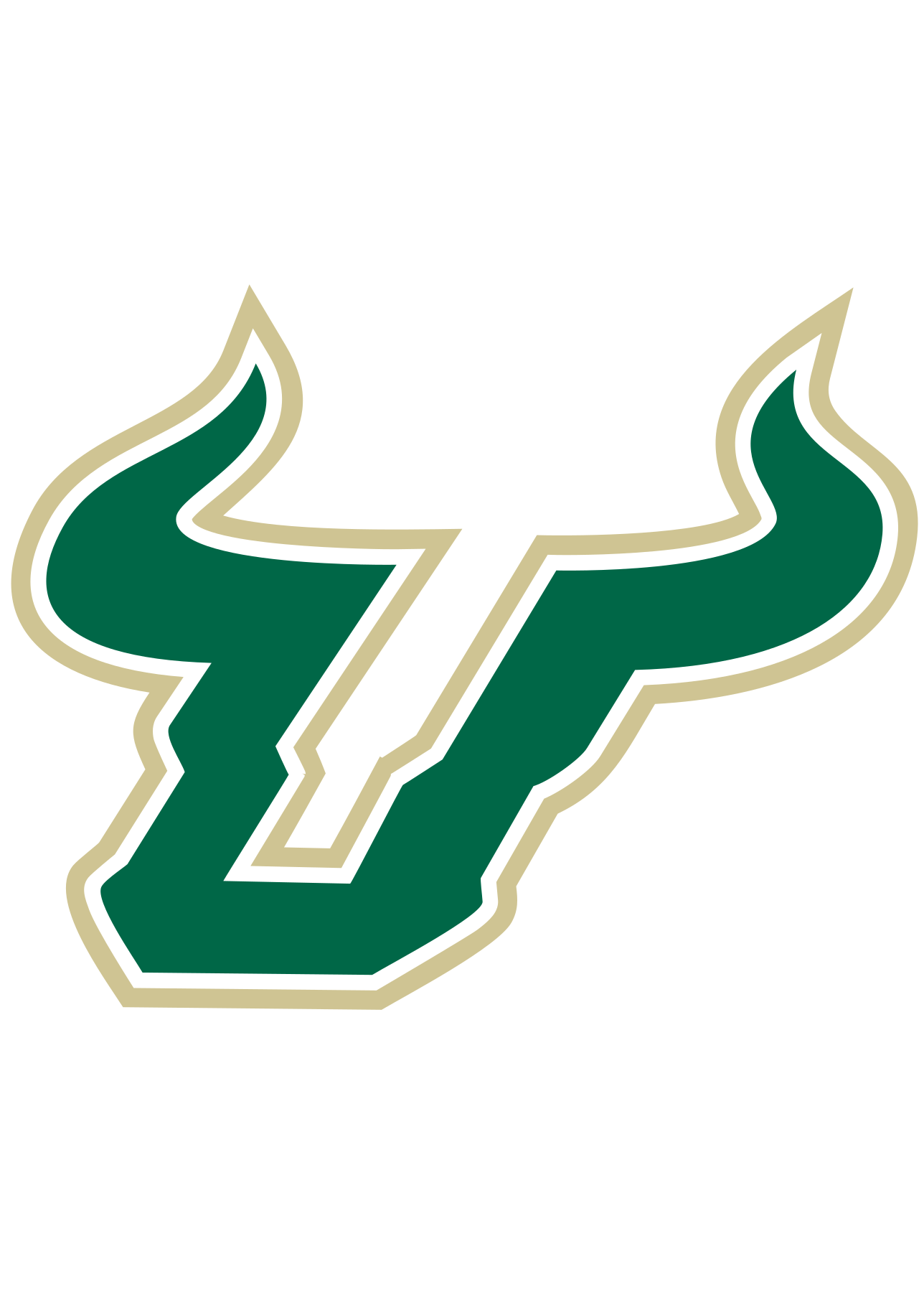
USF Health
Intelligent Score: 97.95In-state: $4,559
Out-of-state: $15,473
In-state: $8,350
Out-of-state: $8,350
SAT: 1160-1320
ACT: 25-30
Resident: $209 - $211
Non-Resident: $573 - $575
On-Campus
Southern Association of Colleges and Schools Commission on Colleges
120

Boston University
Intelligent Score: 97.54In-state: $56,854
Out-of-state: $56,854
In-state: $56,854
Out-of-state: $56,854
SAT: 1310-1500
ACT: 30-34
$1,994
On-Campus
New England Commission of Higher Education
128
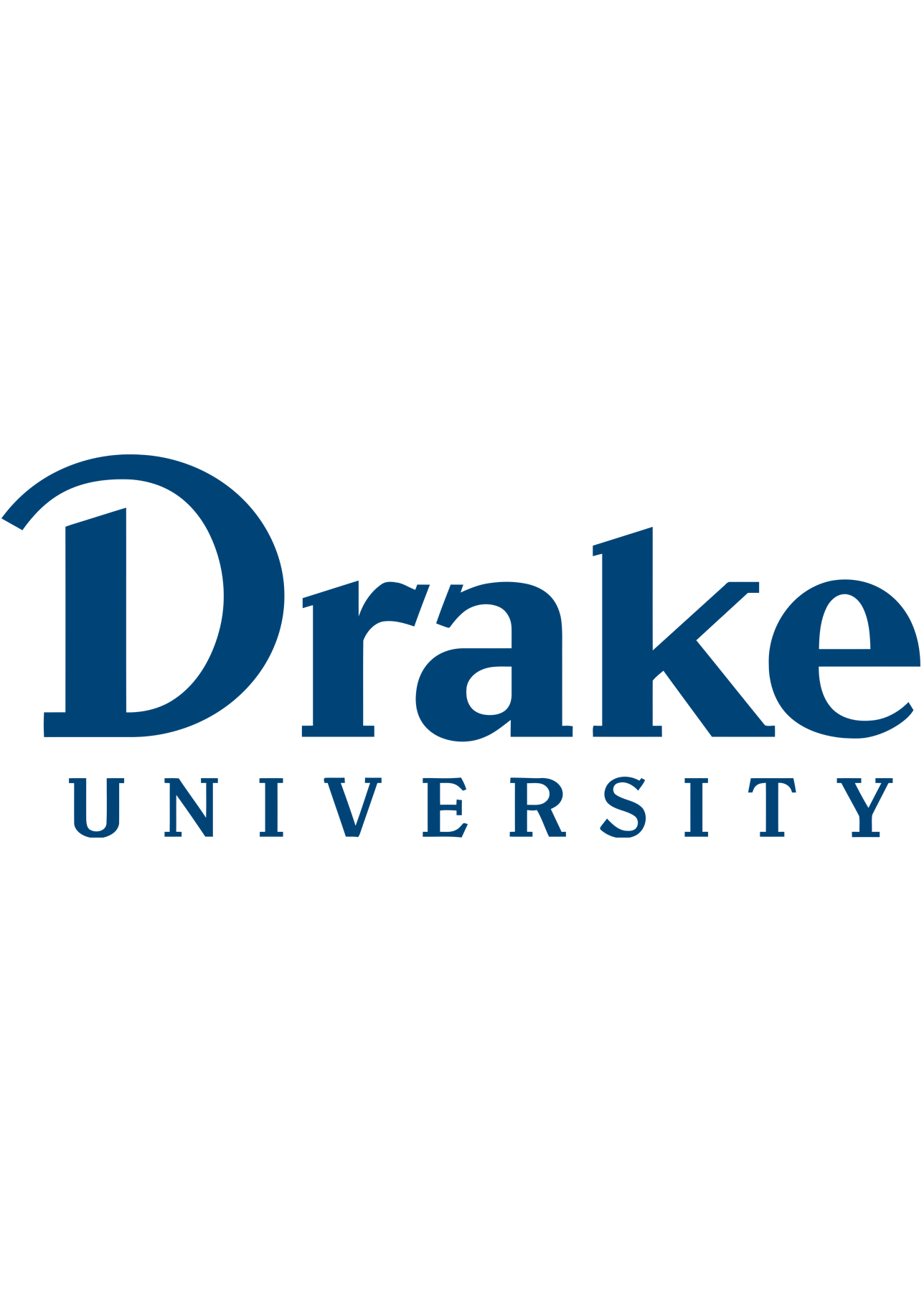
Drake University
Intelligent Score: 97.54In-state: $44,188
Out-of-state: $44,188
In-state: $11,682
Out-of-state: $11,682
SAT: 1110-1340
ACT: 23-30
$780 - $1,400
On-Campus
Higher Learning Commission
120
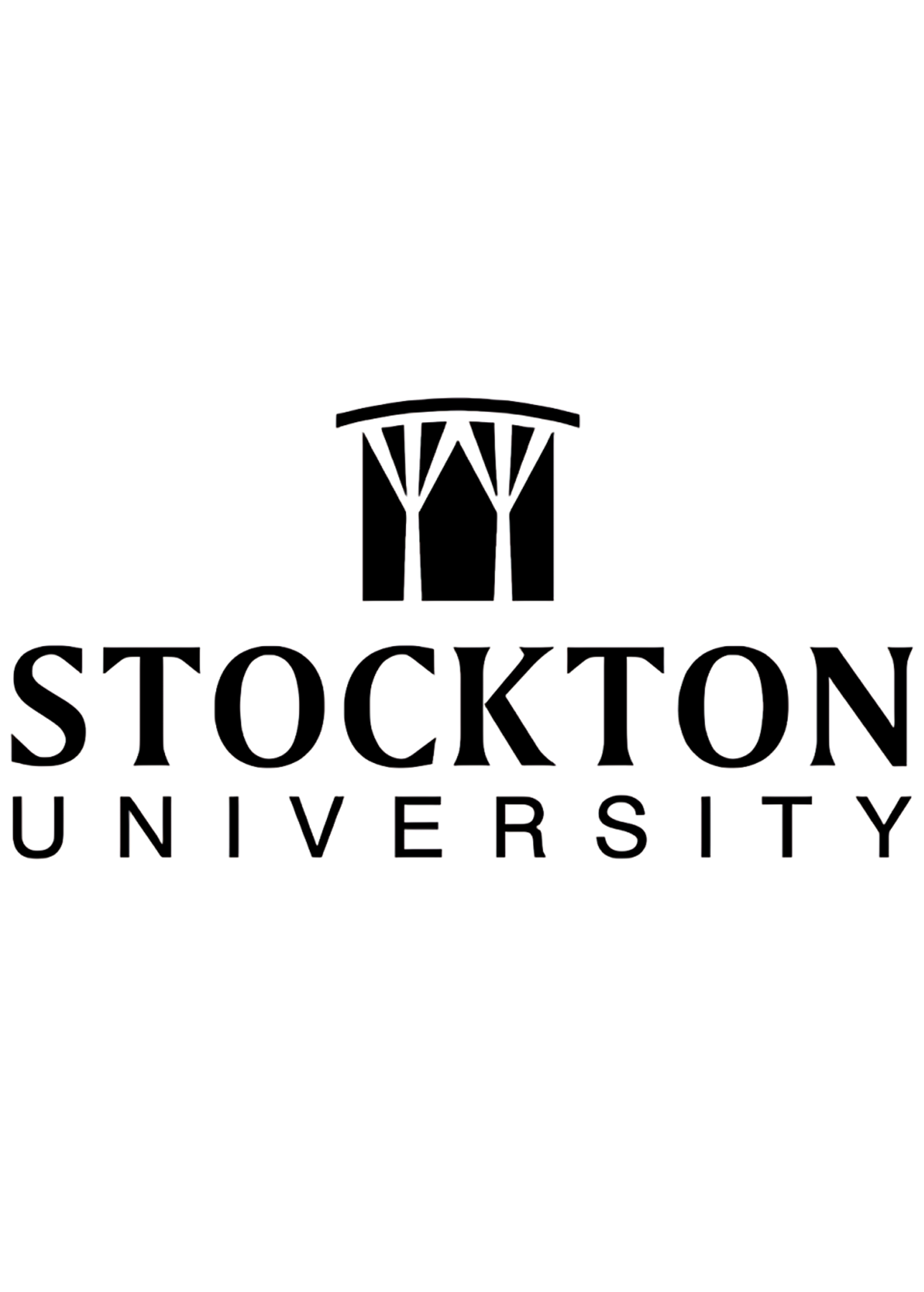
Stockton University
Intelligent Score: 96.71In-state: $12,245
Out-of-state: $19,679
In-state: $13,787
Out-of-state: $13,787
SAT: 1013-1190
ACT: 20-27
In-State: $388
Out-of-State: $611
On-Campus
Middle States Commission on Higher Education
128

USC Dornsife
Intelligent Score: 95.88In-state: $12,288
Out-of-state: $33,528
In-state: $13,737
Out-of-state: $13,737
SAT: 1140-1340
ACT: 25-31
$2,244
On-Campus
WASC Senior College and University Commission
128
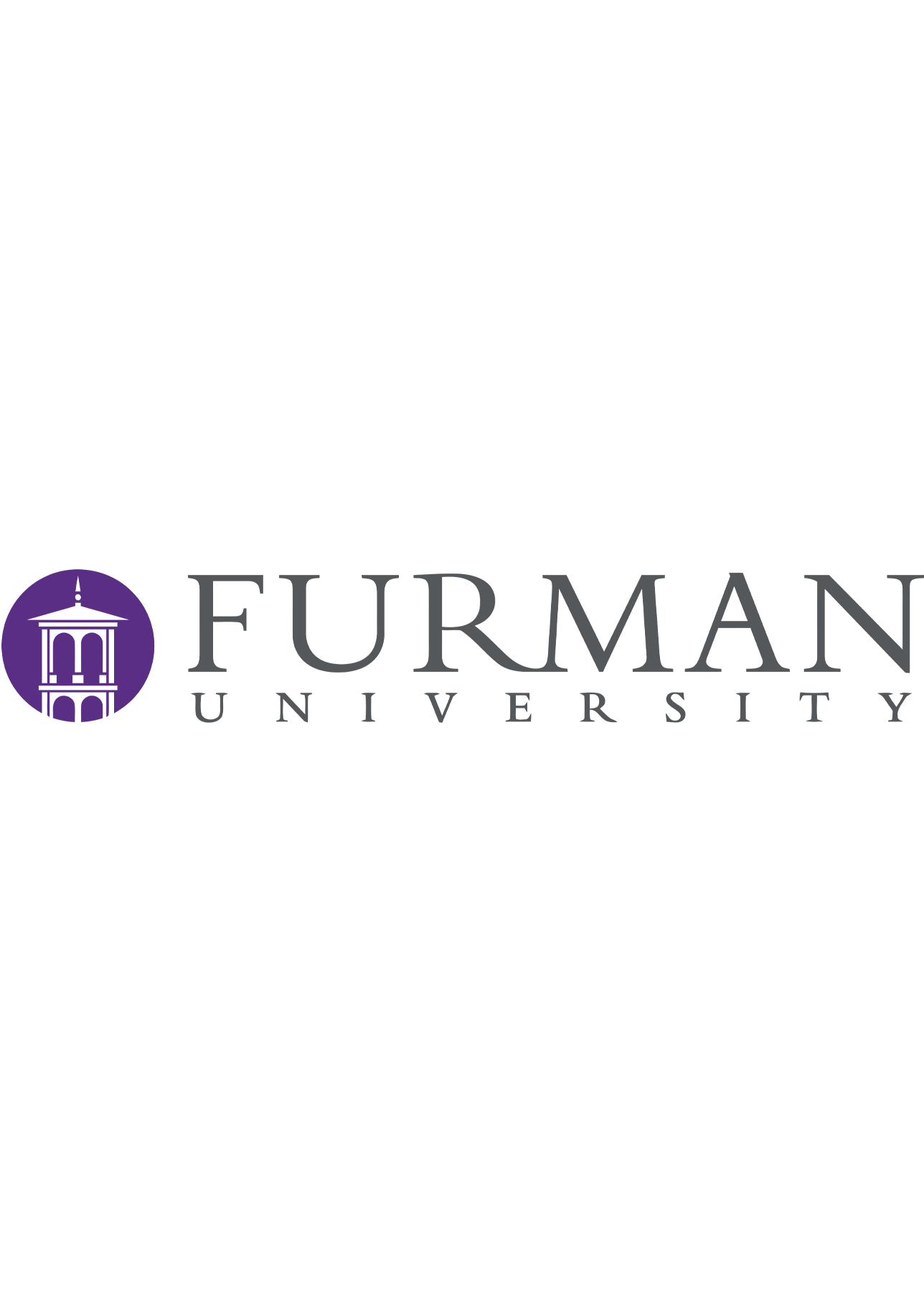
Furman University
Intelligent Score: 94.70In-state: $51,712
Out-of-state: $51,712
In-state: $7,513
Out-of-state: $7,513
SAT: 1230-1400
ACT: 29-32
$1,855
On-Campus
Southern Association of Colleges and Schools Commission on Colleges
128

Texas Woman's University
Intelligent Score: 92.92In-state: $94
Out-of-state: $77
In-state: $48
Out-of-state: $48
SAT: Considered (not required)
ACT: Required
Resident: $238
Non-Resident: $658
Hybrid
Southern Association of Colleges and Schools Commission on Colleges
120
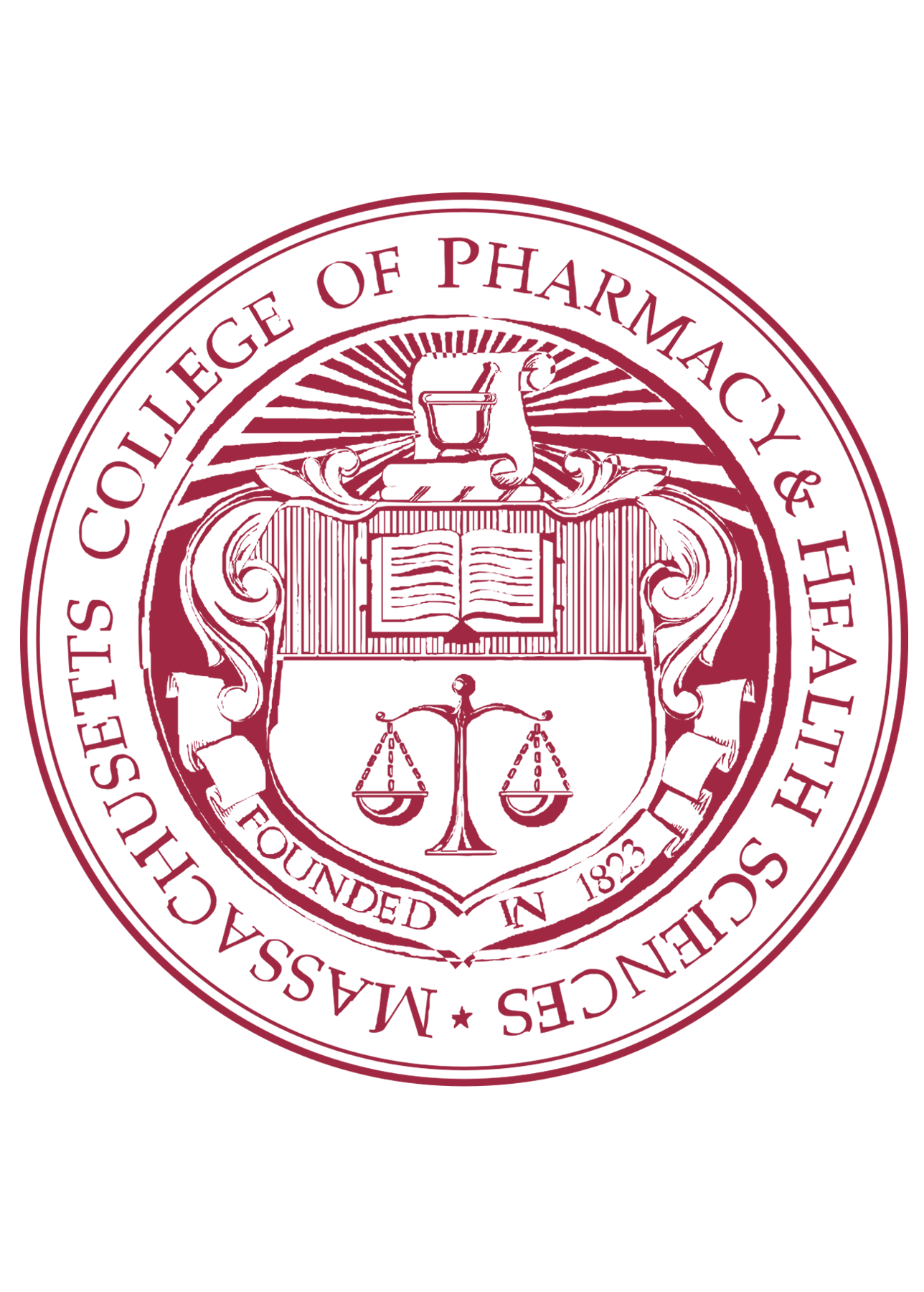
MCPHS University
Intelligent Score: 92.76In-state: $33,600
Out-of-state: $33,600
In-state: $22,230
Out-of-state: $22,230
SAT: 970-1208
ACT: 20-27
$1,380
On-Campus, Online
New England Commission of Higher Education
122
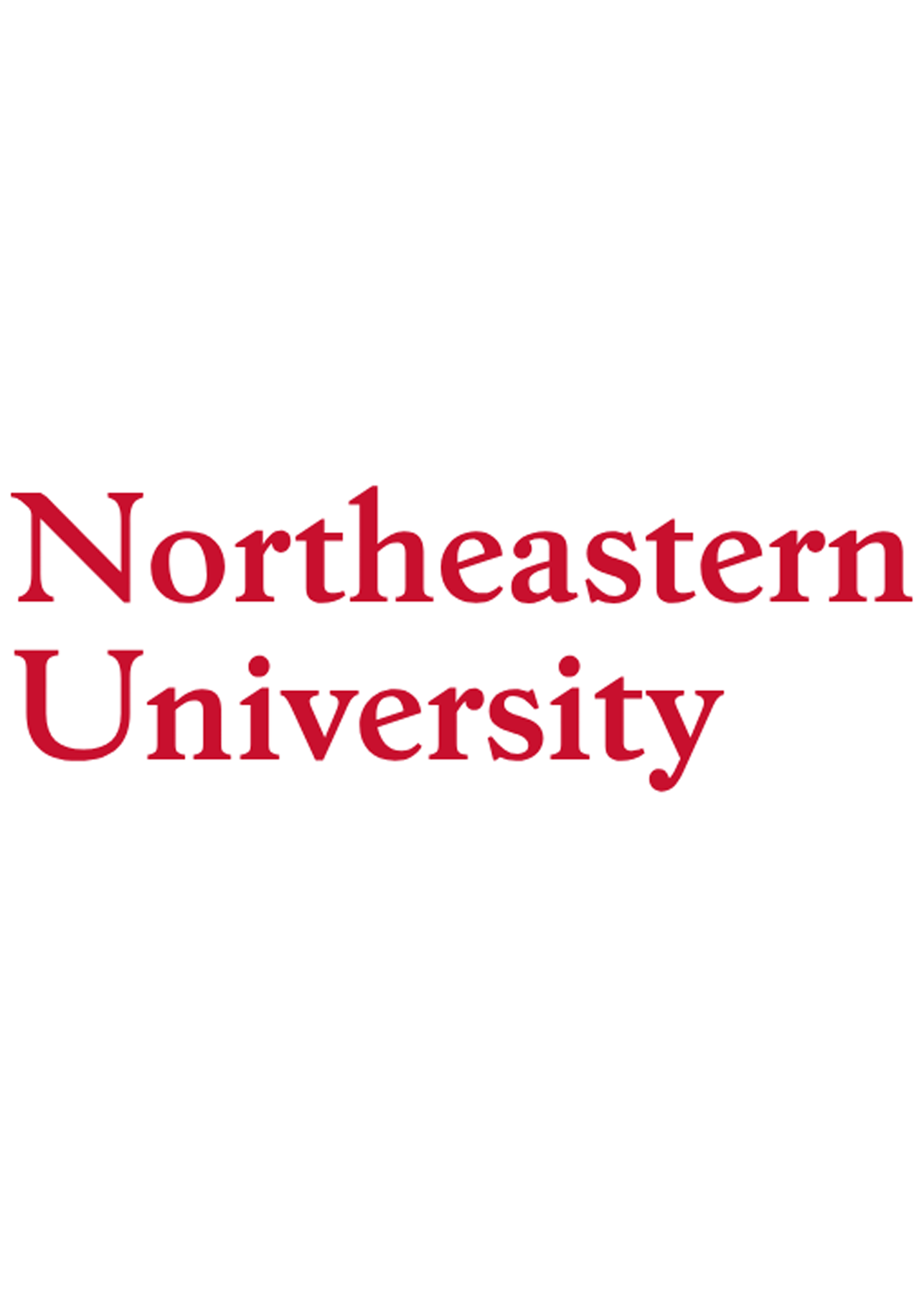
Northeastern University
Intelligent Score: 92.12In-state: $54,360
Out-of-state: $54,360
In-state: $25,264
Out-of-state: $25,264
SAT: 1410-1540
ACT: 33-35
$1,938
On-Campus
Council on Education in Public Health
132
Email: bouve_college_of_health_sciences@northeastern.edu
Phone: 617-373-3323

University of Texas at Dallas
Intelligent Score: 91.7In-state: $11,448
Out-of-state: $40,032
In-state: $12,028
Out-of-state: $12,028
SAT: 1210-1470
ACT: 26-33
Resident: $485
Non-Resident: $1,335
On-Campus
Southern Association of Colleges and Schools Commission on Colleges
120
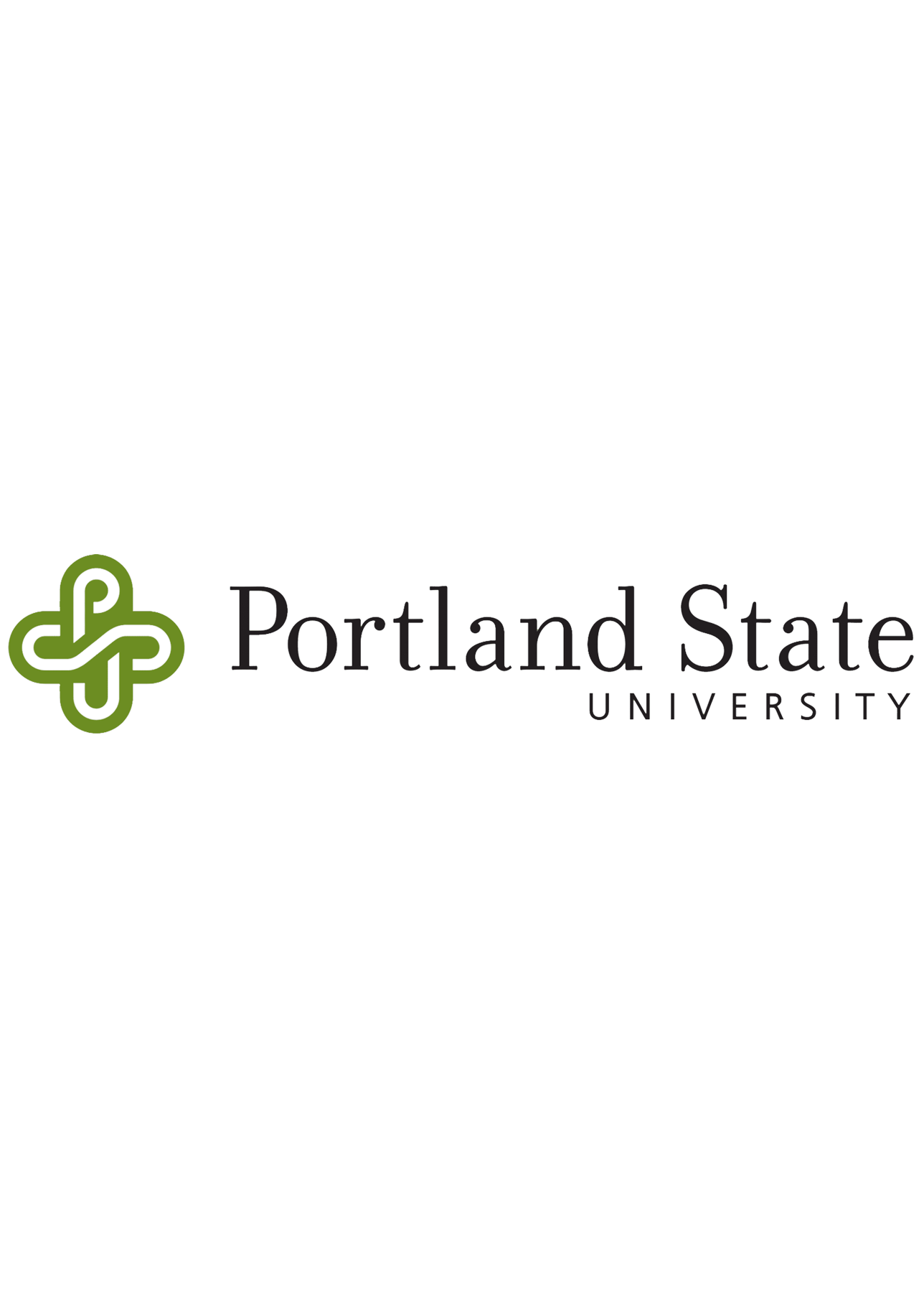
Portland State University
Intelligent Score: 90.45In-state: $7,907
Out-of-state: $25,536
In-state: $14,652
Out-of-state: $14,652
SAT: 1000-1190
ACT: 17-24
Resident: $207
Non-Resident: $627
On-Campus
Northwest Commission on Colleges and Universities
120
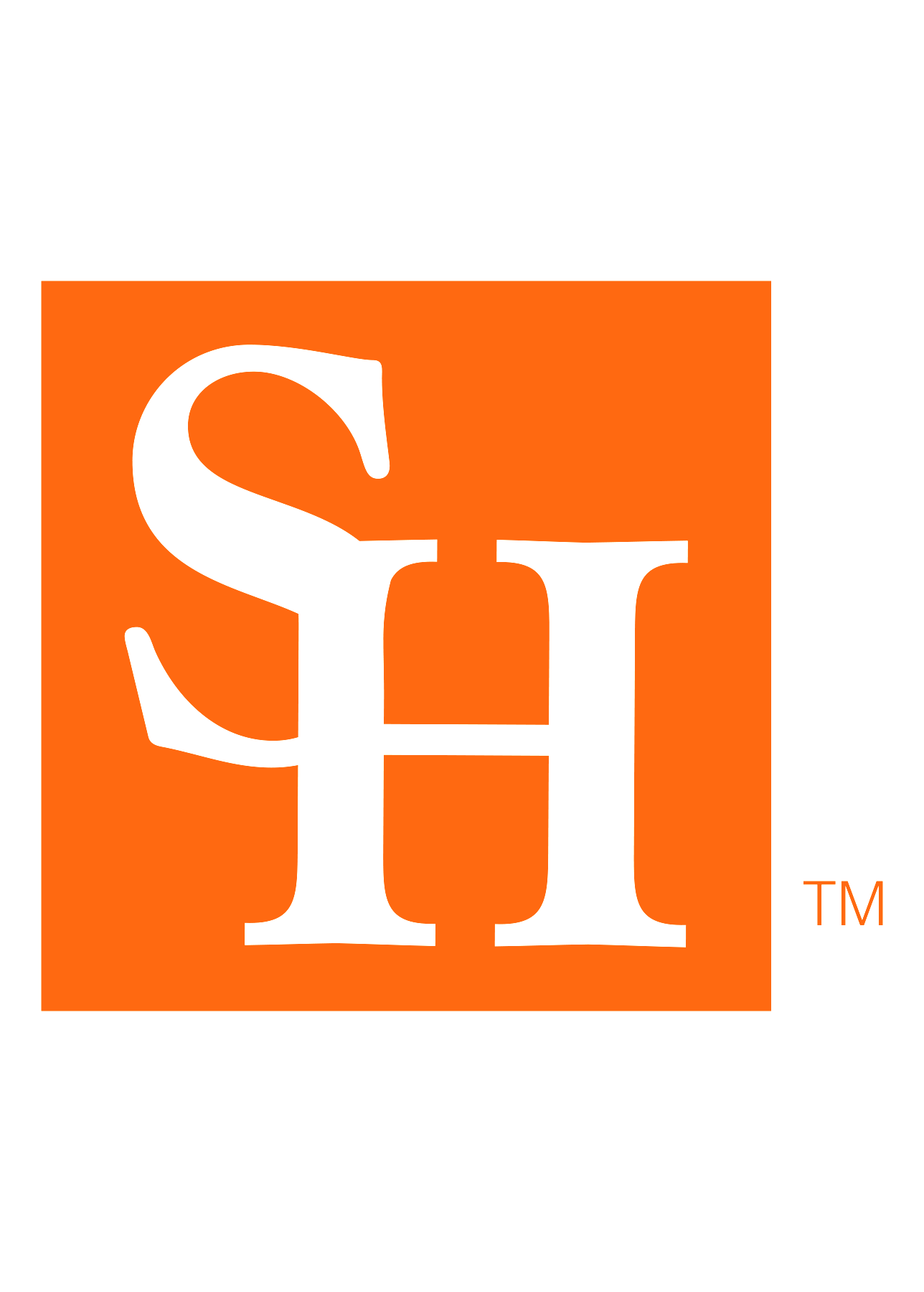
Sam Houston State University
Intelligent Score: 89.83In-state: $5,856
Out-of-state: $15,672
In-state: $5,765
Out-of-state: $5,765
SAT: 970-1120
ACT: 18-23
Resident: $244
Non-Resident: $652
On-Campus
Southern Association of Colleges and Schools Commission on Colleges
120
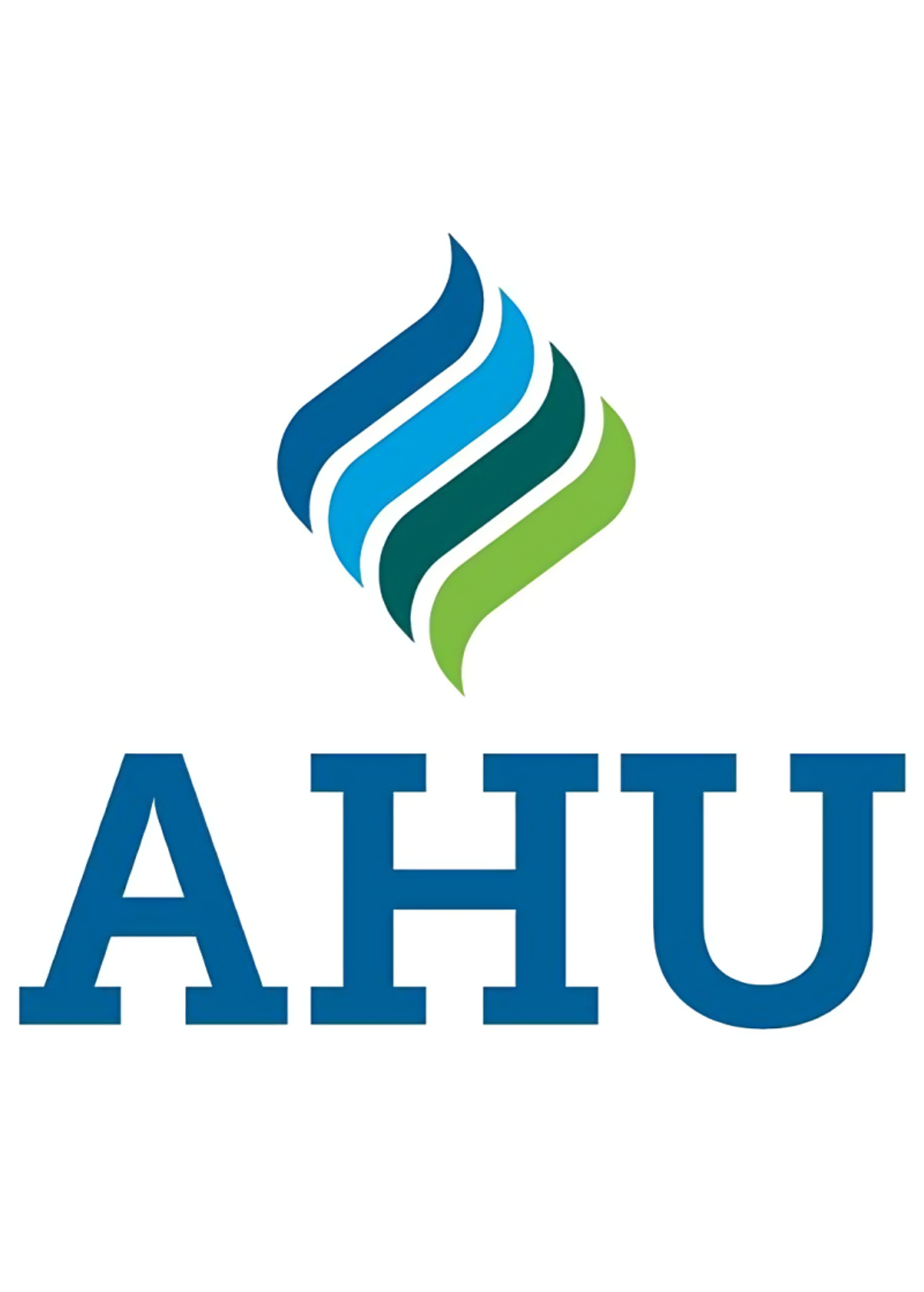
AdventHealth University
Intelligent Score: 89.56In-state: $18,900
Out-of-state: $18,900
In-state: $24,275
Out-of-state: $24,275
SAT: 1010-1140
ACT: 21-24
$555
On-Campus
Southern Association of Colleges and Schools Commission on Colleges
124

Southwestern Oklahoma State University
Intelligent Score: 89.29In-state: $6,368
Out-of-state: $13,478
In-state: $6,294
Out-of-state: $6,294
SAT: N/A
ACT: 18-23
Resident: $285
Non-Resident: $286
Hybrid
Higher Learning Commission
120
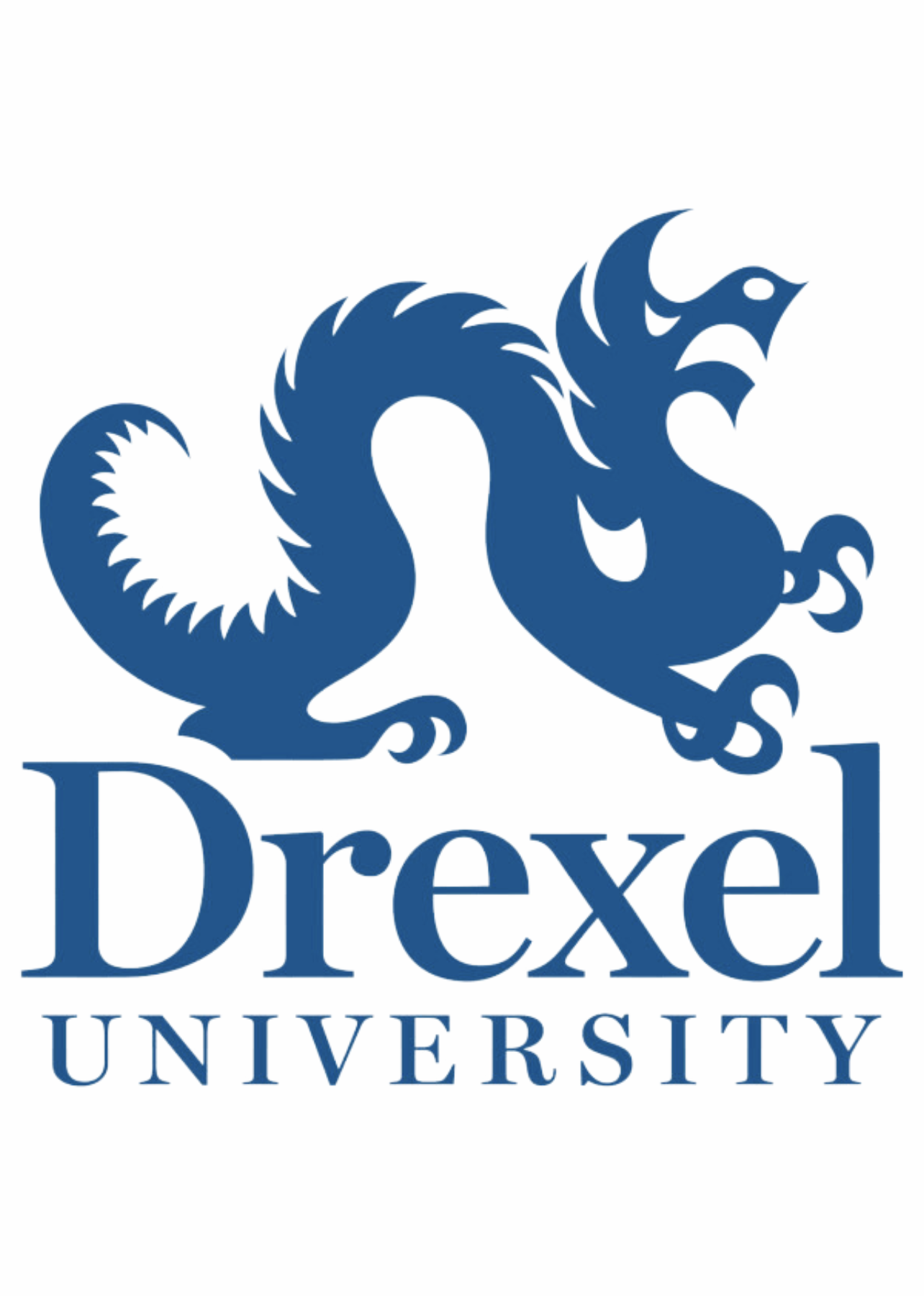
Drexel University
Intelligent Score: 89.01In-state: $53,868
Out-of-state: $53,868
In-state: $36,234
Out-of-state: $36,234
SAT: 1180-1380
ACT: 25-31
$1,311
On-Campus
Middle States Commission on Higher Education
122
How to Choose a Bachelor’s in Health Science Degree Program
Choose your area of study
A bachelor’s in health science degree leads to many different career paths. Consider your career goals and personal aspirations, and choose a program that aligns. Specializations include:
- Health information and technology or health informatics
- Healthcare administration, management, or leadership
- Social and behavioral health science
- Biological health science
- Health and media focus
- Laboratory management
- Health legislation and regulation
There are also programs designed to prepare you for post-graduate work as a:
- Chiropractor
- Physician assistant
- Physical therapist
- Occupational therapist
- Environmental health and safety specialist
Research schools and programs
As you begin your research, focus on regionally or nationally accredited programs and schools. Accreditation impacts potential credit transfers, employment opportunities, and your ability to qualify for federal funding. The Commission on Accreditation of Allied Health Education Programs (CAAHEP) is one of many accreditation bodies.
Visit the campus and program facilities to learn about the finer details of the school and program. Attend an in-person or virtual information session or make an appointment with an admissions counselor or program representative to gain insights or answers to specific questions.
Prepare for tests and applications
You can apply to a bachelor’s degree in health science program through the institution’s website. Most institutions use an online admissions portal, but the exact process varies by school.
Standard application materials include:
- Application form and fees
- Transcripts
- Letters of recommendation
- A personal statement or essay
Contact an admissions counselor for information on deadlines, program requirements, and ways to strengthen your application.
Select your program
Review your goals and logistical needs before making your final selection, especially if multiple institutions have accepted your application. Consider your circumstances, career goals, and logistical needs, including:
- School culture
- Cost
- Program length
- On or off-campus living
Factor in your ideal schedule – will you work part-time? Does the program have options for full or part-time enrollment? Is it in-person or online? Does a synchronous or asynchronous online model work better for you?
Take these factors into account, and contact an academic advisor for guidance on finding the right fit.
Determine how you’ll pay for your degree
Create a budget to determine how much financial assistance you’ll need for your degree. Include tuition, fees, materials, housing, transportation, food, and entertainment. Once you have a clear understanding of your expenses, complete the Free Application for Federal Student Aid (FAFSA) to qualify for federal, state, or school-level funding, including grants and scholarships.
The healthcare field is one of the fastest growing in the United States. If you’re currently working, your employer may participate in a tuition reimbursement program. These programs usually involve a post-graduate work term contract and consider your work performance.
What Can You Expect From a Bachelor’s in Health Sciences Degree Program?
A bachelor’s in health science degree program focuses on non-clinical applications of healthcare knowledge. The curriculum combines hard science, social science, and humanities courses, blending theoretical knowledge with practical application. Courses include advanced scientific research, strategies for collaborating with stakeholders, and tactics to enhance health outcomes.
It takes most students about four years to complete a bachelor’s in health science program. Generally, most programs are 120 credits, but if you have an associate degree in an allied health field, you can transfer up to 60 credits.
Most programs use learning methods such as lectures, case studies, exams, research papers, and capstone projects.
Potential courses you’ll take in a bachelor’s in health science degree program
- Health Science Research Design and Writing. Students learn research design, methods, and standards, including different research methods. Students develop an understanding of how to conduct research with human participants.
- Health Psychology. This course discusses patients’ psychological responses to chronic and terminal illnesses and examines the interactions between physicians and patients. Students also delve into the factors involved in physical disease and healthcare using a multidisciplinary model.
- Medical Sociology. This course examines the healthcare industry, emphasizing socio-cultural aspects and the organization and delivery of healthcare services. Discussions include current problems and issues in the field.
- Healthcare Quality Management. This course introduces the operations and management of healthcare organizations and focuses on analyzing cycle times, streamlining process flows, tracking outcomes and performance metrics, and improving processes and health outcomes.
- Health Law and Regulation. Students learn the policy choices and constitutional limits that impact the current legal environment in U.S. healthcare, including regulating pharmaceuticals, allocating scarce healthcare resources, and public health.
Bachelor’s in Health Science Degree Frequently Asked Questions
How do I apply to a bachelor's in health science degree program?
To apply for a bachelor’s in health science degree program, review the school’s website. If payment is required, be prepared to submit your fee with the completed application. Most applications require official transcripts, test scores, a personal essay, and letters of recommendation.
The application process varies by school and program. For the most accurate information, speak with an admissions advisor before submitting your material.
How much does a bachelor's in health science degree cost?
The average yearly tuition for a bachelor’s in health science is $14,688. Tuition varies between public, private, and online schools and programs. Most courses range from three to four credits and $350 to $400 per course.
Expect additional costs, such as books, supplies, and tech fees. You should also plan for your housing, transportation, food, and personal expenses. Grants, scholarships, and loans will lower your total out-of-pocket expenses.
How long does it take to earn a bachelor's in health science degree?
A bachelor’s degree in health science can take up to four years to complete the 120 required credits. Online programs can shorten or extend your studies by offering flexibility with course completion dates. Part-time enrollment will extend the program length but allow students who work full-time a chance to attain their degree while working.
Students with applicable transfer credits can also complete the program in less time. Students who choose a dual-track bachelor’s and master’s program can obtain both degrees in five years.
